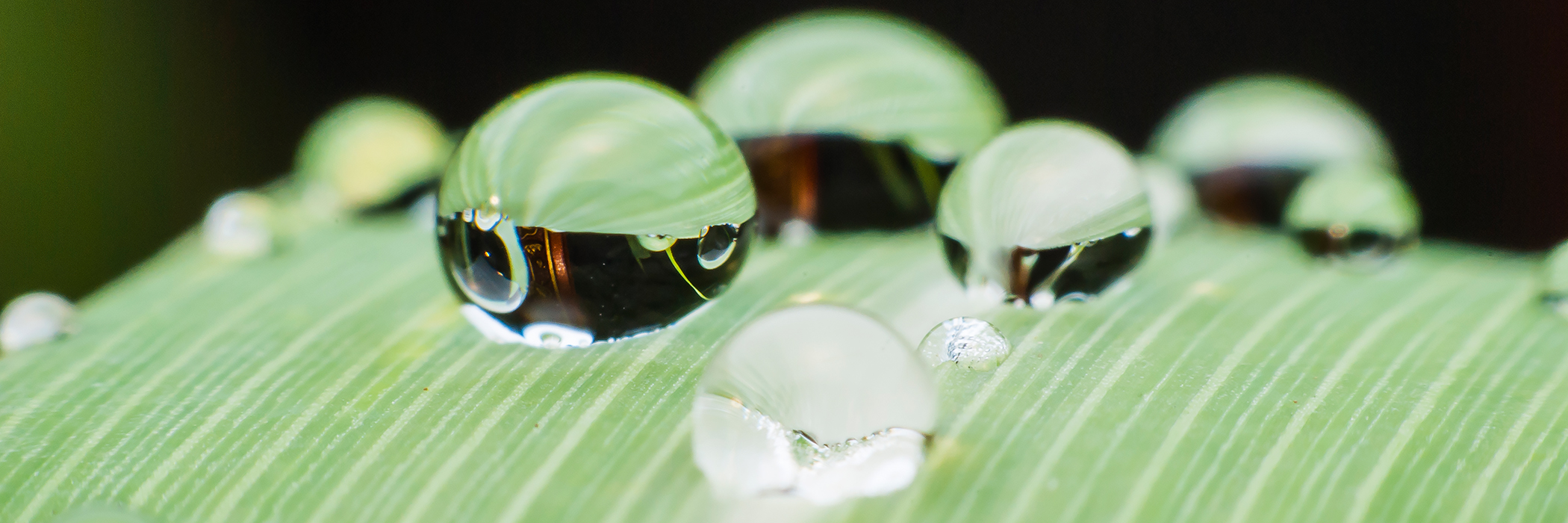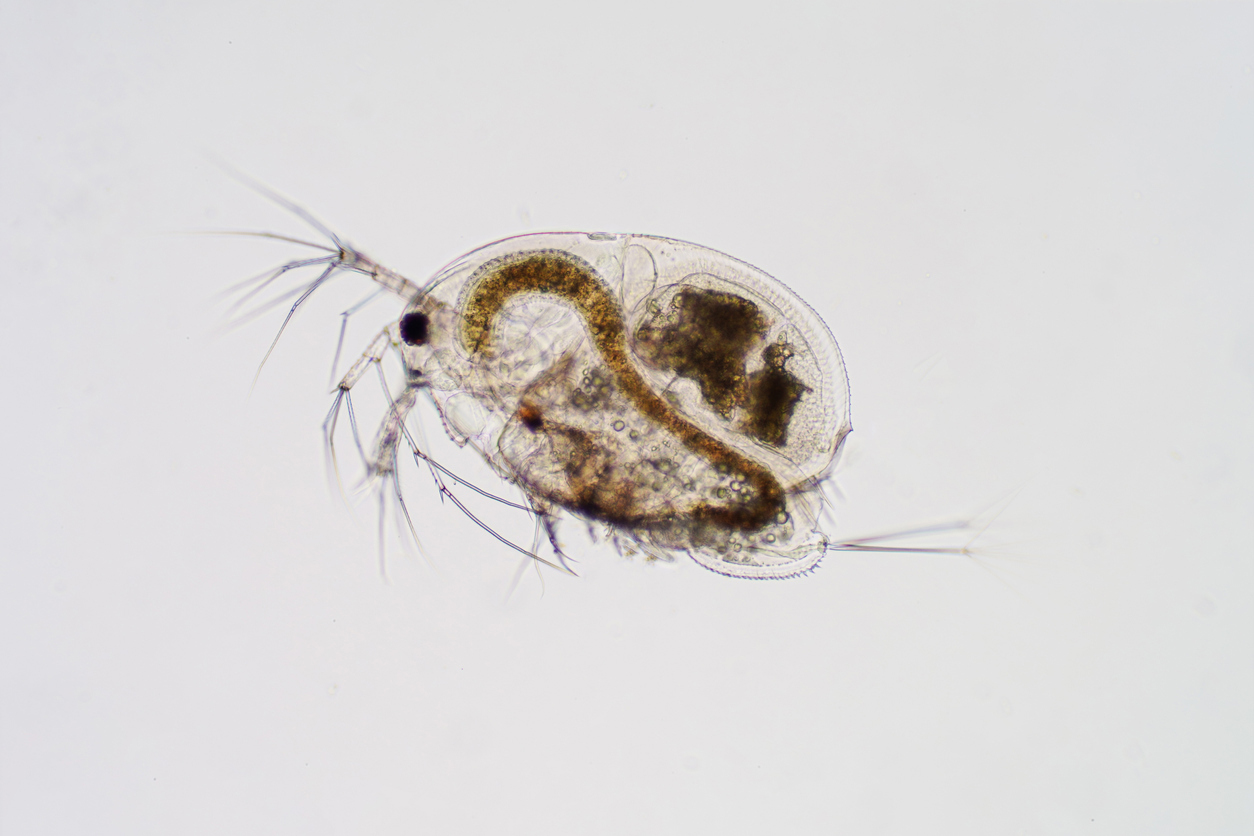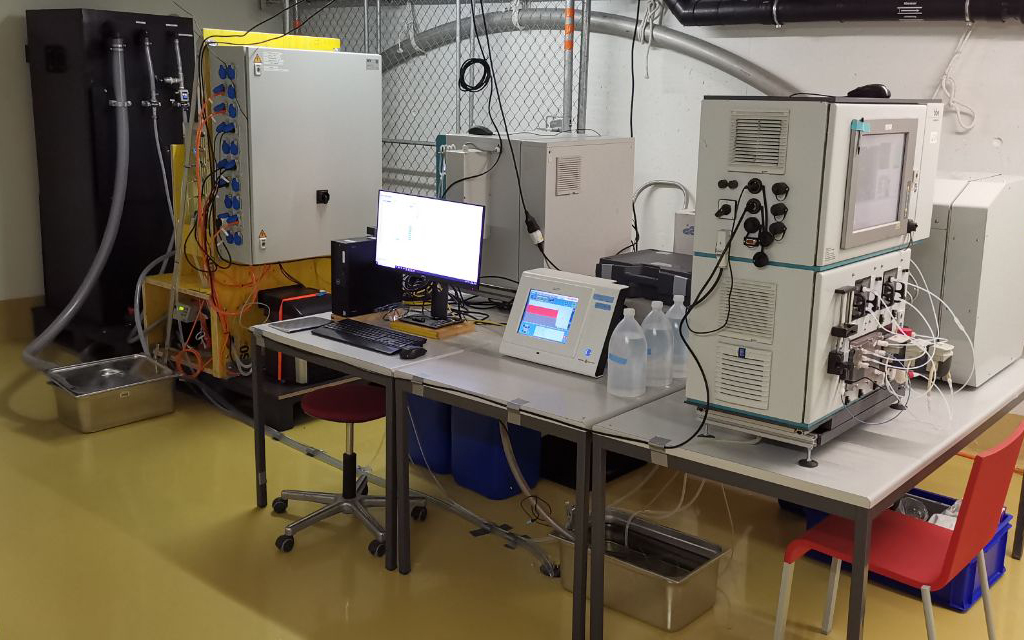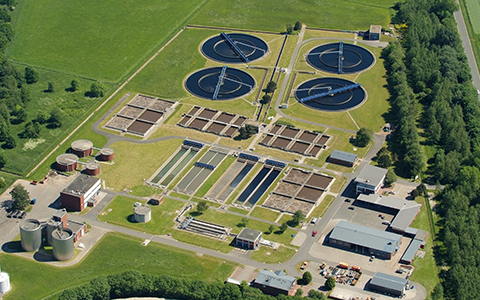Application of bioassays in waste water management
The construction of wastewater treatment plants (WWTP) in the 20th century was an innovation for water protection in Switzerland. Water quality was significantly improved by biological wastewater treatment; water pollution with nutrients, heavy metals and other problematic substances was greatly reduced. However, despite large-scale expansion of the wastewater infrastructure, substances of various origins (e.g. pharmaceuticals, industrial chemicals, biocides) continue to enter water bodies. These residues - so-called micropollutants - are not completely degraded in biological wastewater treatment plants and are discharged into water bodies with the effluent.
The upgrade of wastewater treatment plants with a fourth treatment stage by activated carbon filtration, ozonation or membrane filtration aims to greatly reduce future inputs of micropollutants. In the ozonation process however, partially harmful transformation and degradation products of active substances can be formed, which are efficiently detected by bioassays. In general, it is also possible to quantify possible improvements resulting from a fourth treatment stage by means of substance-independent monitoring in bioassays.
Micropollutants are only detected in low concentrations of a few micrograms per liter, but in polluted waters there is usually a mixture of active substances, which may have a negative effect on the ecosystem in water. This so-called mixture toxicity can often not be completely determined by chemical analyses, especially if the substances sought are not known in advance.
The effective toxicity and ecological relevance of substance residues and mixtures can be assessed by using bioassays. In ecotoxicology, these well-established test systems are used to assess the toxicity of individual substances or mixtures. Standardized bioassays are performed in vivo or in vitro with test organisms that represent the different trophic levels in the natural community in water bodies (e.g. bacteria, algae or fish).
The Ecotoxicology group also aims to establish and apply proven bioassay systems for inputs that enter water bodies through wastewater treatment plants. Various projects on the application of bioassays for wastewater treatment are ongoing.




